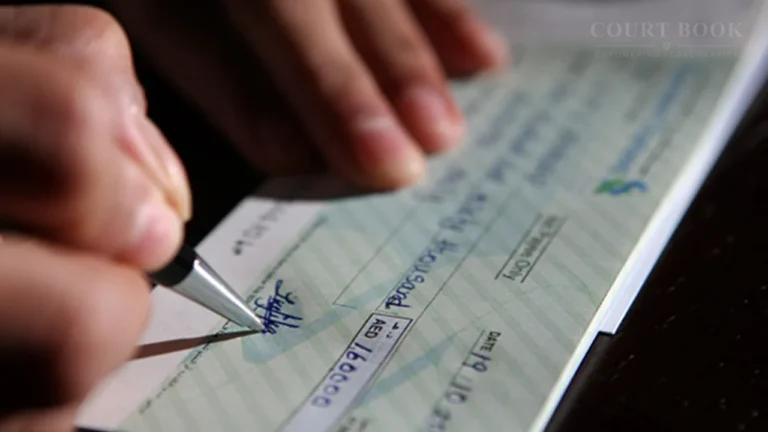The Punjab and Haryana High Court has delivered a significant ruling that will directly impact thousands of cheque bounce cases pending across the region. In a judgment pronounced on 24 September 2025, a Division Bench comprising Justice Anoop Chitkara and Justice Sanjay Vashisth dealt with the controversial question of whether a convict appealing under the Negotiable Instruments Act (NI Act) must compulsorily deposit 20% of the compensation awarded by the trial court as a pre-condition for bail.
Background
The petitions were filed by M/s Coromandel International Limited against two firms Ambica Sales Corporation and Ambalica Agro Solutions challenging conditions imposed under Section 148 of the NI Act. The trial court had directed the appellant to deposit 20% of the compensation amount while seeking suspension of sentence. The petitioners argued that such an order effectively restricted their statutory right to bail during appeal, particularly when conviction was not yet final.
To assist the court, senior advocate Deepender Singh was appointed Amicus Curiae. He stressed that the offence under Section 138 NI Act (dishonour of cheque) is a bailable and non-cognizable one, with a maximum punishment of two years. According to him,
"imprisoning a convict for inability to pay interim compensation defeats the spirit of the law."
Court's Observations
The Bench carefully examined precedents from the Supreme Court, including G.J. Raja v. Tejraj Surana (2019), Jamboo Bhandari (2023), and Muskan Enterprises (2024).
Read also:- Kerala High Court Refuses to Cancel Bail in Case Alleging Rape on False Promise of Marriage
The judges noted that earlier interpretations had treated the word "may"in Section 148 as "shall", effectively making the 20% deposit mandatory. But later rulings clarified that appellate courts have discretion, especially where imposing such a condition would unjustly deprive an appellant of bail.
"The statute uses both 'may' and 'shall' carefully," the Bench observed, emphasizing that "the appellate court retains discretion to waive or reduce the deposit in exceptional cases."
At the same time, the judges highlighted the misuse of cheque bounce provisions by powerful lenders against small borrowers, noting the ground reality that many illiterate debtors lose land or property over small unpaid loans. This social context, they said, must weigh on courts when imposing financial conditions for bail.
Read also:- Gauhati High Court overturns rape conviction after DNA test proves accused not father of victim’s child
Decision
Answering the four key propositions placed before it, the High Court ruled:
- Yes, the 20% deposit condition is sustainable while considering suspension of sentence, but it is not absolute.
- Bail rights can be subject to such conditions, but appellate courts must exercise discretion fairly, considering financial hardship.
- Bail cannot be outright cancelled simply because a convict fails to deposit 20%. The court stressed that liberty cannot be curtailed solely for financial incapacity.
- Deposit of 20% is not a pre-condition for appeal. Non-payment cannot bar the appeal itself; recovery can be pursued through other legal means.
The Bench concluded:
"Imposition of deposit is the rule, but exemption is permissible where justified. Liberty cannot be sacrificed at the altar of financial incapacity."
With this ruling, the High Court has aligned itself with the evolving view of the Supreme Court, striking a balance between protecting cheque holders and safeguarding the rights of accused persons awaiting appeal.














